ACNE: HOW TO TAKE CARE OF YOUR SKIN DAILY?
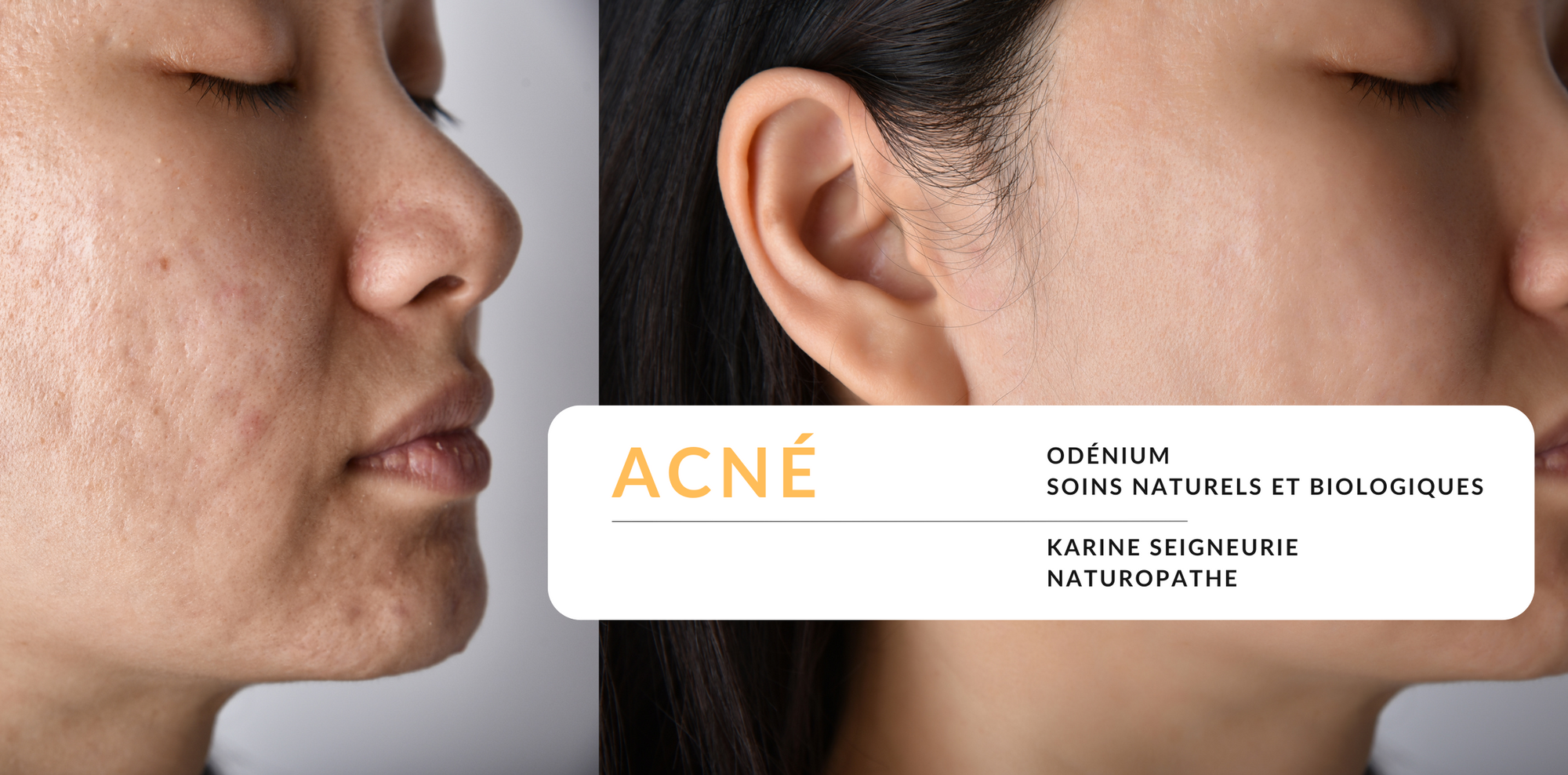
ACNE IN A FEW WORDS.
According to the Canadian Dermatology Association,
- 5.6 million Canadians have acne, almost 20% of the population .
- More than 80% of people with acne are between the ages of 12 and 24 .
- Acne affects approximately 90% of adolescents and 20 to 30% of adults aged 20 to 40.
- About 25% of adolescents will have acne by the age of 25.
- Women account for 75% of adult acne cases.
A Canadian study of nearly 500 acne patients published in the British Journal of Dermatology indicates that even mild cases of acne can undermine the self-esteem and cause depression and thoughts related to self-harm. Additionally, because acne often coincides with the onset of puberty, it worsens feelings of uncertainty about self-image and can contribute to emotional problems.
The arrival of puberty is the main cause of acne in adolescents. The increase in sex hormones in both girls and boys causes increased sebum production and enlargement of hair follicles.
Adults face the same skin disease with the same characteristics as adolescent acne. Women are more affected: the menstrual period brings a variation in hormones (progesterones) leading to an action on the activity of the sebaceous glands.
In addition to hormonal variation itself, heredity is also a determining factor. A teenager or adult whose parents and/or grandparents were prone to acne is more likely to have reactive skin that is sensitive to hormonal variations.
A 2017 study highlighted another determining factor that is rarely talked about: the link between skin pH and acne: “The increase in skin pH facial skin in patients suffering from acne [...] reflects a chronic state of instability of the stratum corneum, which could predispose individuals to the appearance and/or recurrence of acne. This may be a common area through which classical pathological mechanisms could act in acne. Incorporating measures to maintain stratum corneum pH during treatment may be helpful. [1]”
As a reminder, the pH of facial skin is normally between 4.5 and 5.5, i.e. slightly acidic, while that of oily skin is between 6 and 6.5, rather alkaline (basic).
WHAT IS ACNE?
Acne is a chronic inflammatory disease which finds its origin in the hair follicles. The sebaceous glands produce excess sebum (hyperseborrhea) or thicker sebum (dysseborrhea) which, associated with dead cells present on the surface of the skin, clog the pores of the hair follicle to cause pimples and blackheads.In this environment 'richer' in sebum, and therefore more alkaline, the bacteria Cutibacterium acnes (C. acnes) normally present in small quantities in the pores of the skin, develops and causes an inflammatory reaction: papules and pustules. When the lesions are deeper, we then speak of nodules and cysts. Deeper, they demonstrate the progression of the infection in the dermis and lower layers of the skin.

PRESERVE YOUR MICROBIOTA
From the beginning of adolescence, and throughout your adult life, it is important to integrate into your skincare routine essentials which allow you to preventand limit skin inflammation.
Contrary to popular belief, combination and oily skin also needs to be hydrated to properly regulate its sebum production, even during adolescence. In addition, the use of botanical oils should not be prohibited as long as you choose them carefully. Some are non-comedogenic, anti-bacterial, anti-inflammatory. They could be valuable allies. Made up of fatty acids, we will see below that they can counterbalance the lack of free fatty acid in the sebum of skin prone to acne.
The objective is to restore a skin microbiota conducive to normal proliferation of the bacteria Cutibacterium acnes (C. acnes) naturally present on our skin.
Associated together, the microbiota, composed of living microorganisms, and sebum create an environment with an acidic pH hostile to pathogens and prevent them from settling on the surface of the skin or penetrating it.
However, we see that oily or combination skin prone to acne has a different sebum composition. Their free fatty acid content is reduced. The effect would be unfavorable on the pH of the skin by making it more basic (alkaline).
Any imbalance of beneficial bacteria present on the skin, or a lack of surface sebum, can lead to a change in acidity and protection. This results in a damaged acid mantle, which allows harmful bacteria to penetrate the skin, causing skin changes and loss of moisture. .
We will therefore seek to rebalance the pH of the skin to preserve its hydrolipidic film (sebum and sweat).
ANTI-ACNE GESTURES
Cleanse your skin every evening- Opt for cleansers/make-up removers that are gentle and respectful of your hydrolipidic film.The objective is not to strip your skin which would give it an immediate signal for producemore sebum in order to protect it from external aggressions (bacteria, etc.). Although it may seem counterintuitive, oil cleansing/makeup removal is a good option: it cleanses and balances your skin's natural oils. From a scientific point of view, oil dissolves oil, whether it is makeup (even waterproof) or excess sebum present in the pores of the skin.
‘Wake up’ your skin every morning
- Use a bamboo charcoal konjac sponge. Made of natural fiber, it is purifying and allows for a gentle exfoliation of the skin to remove dead skin. Although it is a natural and necessary process for skin renewal, dead skin cells can build up over time and 'dull' the complexion.
Apply targeted care
- Choose a cosmetic treatment with antibacterial properties (tea tree, peppermint), anti-inflammatory ( nigella, peppermint) and healing (sea buckthorn) are known to soothe and reduce acne spots. It helps to cleanse the skin without disturbing its microbiota.
- If your acne spots have left scars on your skin, you can integrate a regenerating treatment into your routine to stimulate collagen production and promote cell renewal.
Use alcohol-free shaving care and aftershave
- Make sure you have razors in good condition (non-rusted blades, etc.),use a shaving oil before your foam or soapto soften the hairs and avoid ingrown hairs.
Protect yourself from the sun
We can never say it enough but the sun is not the best friend of acne-prone skin. During the summer, the skin thickens to protect itself from the sun's rays, increasing the presence of dead cells (hyperkeratinization). The thickening of the epidermis will make it difficult to evacuate sebum, the pores will become clogged and new pimples will appear. This is also without counting its effect on acne scars , the sun stimulates the production of melanocytes, it promotes the coloring of scars.
Whether with a hat (with a wide brim) or with sunscreen, remember to protect your skin from long exposures, during the hottest hours. And don't forget that sunscreen doesn't prevent you from sporting a nice tanned complexion during the summer.
Detoxify and purify your skin with clay masks
Once a week, apply a green clay mask to unclog pores, absorb excess sebum and promote the healing of the skin. Day after day, the skin texture is refined, the complexion regains radiance. Clay masks are always applied in a thick layer and must remain moist during the break (do not hesitate to spray a little water on your face or peppermint mist). If using powdered clay, be sure to mix it with water, organic Peppermint mist or Jojoba oil in a non-metallic container which can alter the properties of the clay by interacting with the ions. present, not even plastic.
In summary, your routine must be simple, gentle and regular with well-chosen treatments to rebalance your skin microbiota and regulate the pH of your skin. The skin needs time (its renewal cycle is at least 28 days) and regularity (each new, or change, in treatment requires time to adapt) to stabilize. The more frequently you change your routines, the more you destabilize the balance of your skin.

On a daily basis , don't forget these small gestures that can make a difference:
- Clean your makeup brushes and tools regularly
- Change your pillowcase every week and wash it in hot water
- Do not touch your pimples to avoid scarring and secondary infection
- Keep your skincare routine simple so as not to unbalance your microbiome
- Avoid irritating and drying cosmetic treatments (alcohol/sulfates etc.)
- Eat a balanced diet and do some sport, even just 30 minutes of walking a day to regulate stress.
Do not hesitate to contact us to establish a personalized routine according to your needs: by email at serviceclient@odenium.com or with our online skin diagnosis https://www.odenium.com/pages/skin-diagnosis- skin-diagnosis
CAUSES OF ACNE
There can be different causes of acne and it can also be multifactorial.
Acne can be the consequence of excess food, an unbalanced diet (too rich in sugars, refined, poor in micronutrients, etc.), intolerance, an engorged liver, it can be the consequence of stress and it is very often of hormonal origin.
The main cause can be very difficult to determine, especially since it can, in turn, create one manifestation, then yet another. Everything is linked in our body! This is also the reason why a Naturopath always seeks the cause of the cause of the cause... the idea being to treat and go back to the source.
This is all the more important when we know that the skin is a fundamental emunctory (main emunctory but also diversion). An emunctory is an organ that will filter and eliminate waste from our body to the outside. It’s a sort of outlet for all our waste.
This means that the skin can be used as a first intention by our body to get rid of toxins but the skin can also be a bypass emunctory: an emunctory used when the main emunctory is saturated/engorged.
For example, the skin can be called upon by our body to expel waste when the liver is engorged.
ADOPT A BEAUTIFUL LIFE HYGIENE
- A hormonal imbalance is very often responsible for acne, it will then be necessary to support the liver and intestinal work... and why not also turn to a professional (endocrinologist).
- Finally, the psycho-emotional sphere must be included in the treatment, in fact emotional stress has a significant impact. It will therefore be important to follow your lifestyle as a whole in order to resolve acne problems.
- As a Naturopath, I first suggest reviewing the diet by essentially adopting one with a low glycemic index .
- An anti-inflammatory diet is also essential.
- It is then essential to optimize the work of the digestive system by strengthening the intestinal microbiota .
- liver health must also be taken into consideration (any skin concern is very often linked to a liver problem); in fact, a congested and overloaded liver has difficulty carrying out its emunctory work (elimination of toxins), it has to call on the skin to take over.
LOW GI FOOD
- replace the baguette, white bread, sandwich bread, etc. with cereal bread, wholemeal bread, wholemeal bread, etc.
- replace wheat flour, corn flour, etc. with buckwheat, spelled, quinoa, coconut, almond flour, etc.)
- adopt legumes (lentils, chickpeas, etc.)
- prefer sweet potato and butternut squash rather than potatoes
- eat a lot of vegetables (artichoke, broccoli, cucumber, spinach, fennel, zucchini, salad, etc.)
- prefer a kiwi, an apple, a pear, red fruits... rather than grapes, a date, cherries.
- no more than 2 servings of fruit/day. And above all, don't forget: fruit can be eaten, not drunk! So be careful with fruit juices which have a glycemic index comparable to soda!
ANTI-INFLAMMATORY FOOD
Adopting an anti-inflammatory diet is essential in cases of acne. It is in fact an inflammatory manifestation of the sebaceous glands. For that it is necessary :- favor a raw and least processed diet possible, consume lots of vegetables and fruits (vary the vegetables on your plate, add color!)
- consume good fats: canola, olive, camelina, walnut oils, etc., fatty fish (sardines, mackerel, anchovies), oilseeds (walnuts), seeds (chia, hemp).
- focus on omega 3 (very anti-inflammatory):
- animal origin: fatty fish (salmon, tuna: in small quantities because of heavy metals - therefore favor small fatty fish: mackerel, sardines, anchovies)
- original plant-based: chia, hemp, flax seeds (grind), linseed oil, camelina oil, walnuts, etc.
Warning: if you do not consume (or very little) omega 3 of animal origin, it is interesting to take a food supplement.
- favor gentle steam cooking to preserve nutrients and avoid cooking which will cause the Maillard reaction (pro-inflammatory).
- limit dairy products and red meat to reduce the amount of fatty (pro-inflammatory) fats.
- Adopting a diet without dairy products often gives good results: it may be interesting to eliminate dairy products from your diet for a few weeks and see the results.
- avoid refined, processed, industrial foods: prepared meals, cakes, sodas, pizzas, cold meats, etc.
- avoid alcohol, spices, hot dishes and drinks
STRENGTHEN THE GUT MICROBIOTA
An imbalance in the gut microbiota, called dysbiosis, can cause a reaction that fuels inflammation throughout the body. Rebalancing the intestinal flora will therefore limit inflammatory reactions, partly responsible for the appearance of acne spots.
This is done through a supply of probiotics, which are live microorganisms beneficial for the balance of the intestinal flora.
We must also think about prebiotics which promote the development and proper functioning of intestinal bacteria.
- Prebiotics are found in a diet rich in fiber (i.e. vegetables, legumes, whole grains, etc.)
- Probiotics are found in fermented vegetables, kimchi, sauerkraut, tempeh, miso, kefir, kombucha, pickles.
These are foods to include in small quantities on our plate every day!
In addition to a diet rich in pre- and probiotics, a course of probiotics can also be considered as winter approaches to strengthen the intestinal microbiota.
GOOD LIVER HEALTH
The liver is the leader of emunctories, also called “the general” in TCM (traditional Chinese medicine) which reveals its preponderant role.
It filters the blood and sorts/processes waste and toxins and redirects them to our other emunctories (kidneys, intestines, skin and lungs) so that they can be evacuated.
A congested, overloaded liver does not perform its “work” as a filter well and transfers the workload to the other emunctories which are in turn overloaded! The skin is very often affected by a tired/overloaded liver.
It is therefore essential to have a liver that functions properly to avoid skin pathologies.
To help/reduce liver work, we adopt an anti-inflammatory diet , we significantly reduce foods rich in:
- added sugars
- processed foods
- dairy products
- Red meat
- poor quality fats
- the alcohol
- refined cereals…
- artichoke
- radish
- broccoli
- cauliflower
- Brussels sprouts
- leek…
We also think about the hot water bottle ! Indeed, the liver does not like cold and works better in heat, so a hot water bottle helps it eliminate toxins.
The ideal is to put a hot water bottle on the liver (right under the chest) for 15-20 minutes in the evening before going to bed.
Plants : certain plants have a supporting action and others have a detox/draining action.
The plants are found in different dosage forms (herbal tea, mother tincture, dry extract or gemmotherapy).
We make sure to solicit the detox work of the liver only when the level of vitality is good, we do not do it in winter either (we have seen that the liver needs heat). In case of fatigue and when the liver is overloaded, we prefer protective plants. The ideal is to be accompanied by a Naturopath who adapts to your condition, your vitality, your background…
Among the important plants in liver work we find milk thistle, artichoke, rosemary, black radish…
Be careful, liver detoxification work may initially result in an increase in acne. It will also be necessary to support the emunctorial action of the skin! The ideal is to be accompanied by a Naturopath who will be able to support you and advise you on the diet to adopt, the actions to implement, the supplements/plants to consider.
MANAGING STRESS/EMOTIONS
Stress and strong emotions are triggers. A healthy lifestyle (diet, sport, sleep) is essential for good stress management.
It is also important to find one or more techniques to better manage emotions: cardiac coherence is a simple practice to adopt and requires little time.
In terms of diet, magnesium is the most important mineral. It is essential to limit stress. If your acne is very affected by stress, think about magnesium! It is found in whole grains, oilseeds, seeds, etc.
However, magnesium supplementation can be useful in cases of high stress levels. It is important to speak with a naturopath in order to know the form of magnesium to take.
FOOD SUPPLEMENTS, PHYTOTHERAPY, AROMATHERAPY
- zinc: a great friend of acne-prone skin for its anti-infectious and healing action.
- evening primrose oil in capsules: source of omega 6 beneficial for the skin, to be adopted especially if the acne is of hormonal origin.
- Vitamins B3 and B5 are particularly interesting for acne problems, however a B group vitamin complex is more judicious than taking vitamins (B group) in isolation. In fact, group B vitamins act synergistically.
- burdock infusions: burdock is a powerful plant, some skin rashes may appear as a sign of a “curative crisis”.
- nettle: nettle leaves are known for their anti-inflammatory properties which help fight acne. It is also a remineralizing plant which constitutes a good option as part of a natural treatment.
- Tea Tree essential oil is essential in the treatment of acne (it is found in Odenium Serum A).
IN CONCLUSION,
Taking care of acne-prone skin requires a holistic approach, combining cosmetic care and lifestyle. Acne can be reduced and controlled using simple, well-targeted actions.
On the one hand, cosmetic treatments adapted to your skin condition play a crucial role in this process.
On the other hand, a healthy lifestyle, under the informed advice of a naturopath, can bring significant benefits.
By combining Odénium's cosmetic solutions and the advice of Karine Seigneurie, Naturopath, you offer your skin a complete and caring approach.
Benefit from a 10%* reduction on your first consultation with Karine Seigneurie - Naturopath . Code: ODENIUM (*To be indicated when making an appointment)
Sources:
[1]https://pubmed.ncbi.nlm.nih.gov/29104722/
[2]https://pubmed.ncbi.nlm.nih.gov/23322028/
[3]https://www.mcgill.ca/gci/fr/plateformes/plateforme-de-metabolomics/analytical-services/free-or-total-fatty-acids
[4]https://www.medicaljournals.se/acta/content/html/10.2340/00015555-1531
[5]https://scholar.google.ca/scholar?q=YOSIPOVITCH+G.+et+al.+Skin+pH+:+From+basic+science+to+basic+skin+care.+Acta+Dermato -Venereologica+(2013).&hl=en&as_sdt=0&as_vis=1&oi=scholart
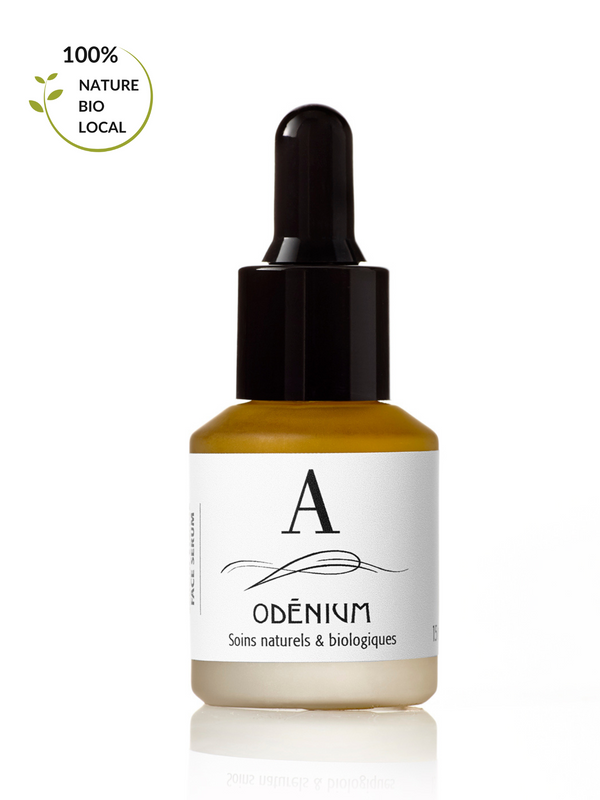
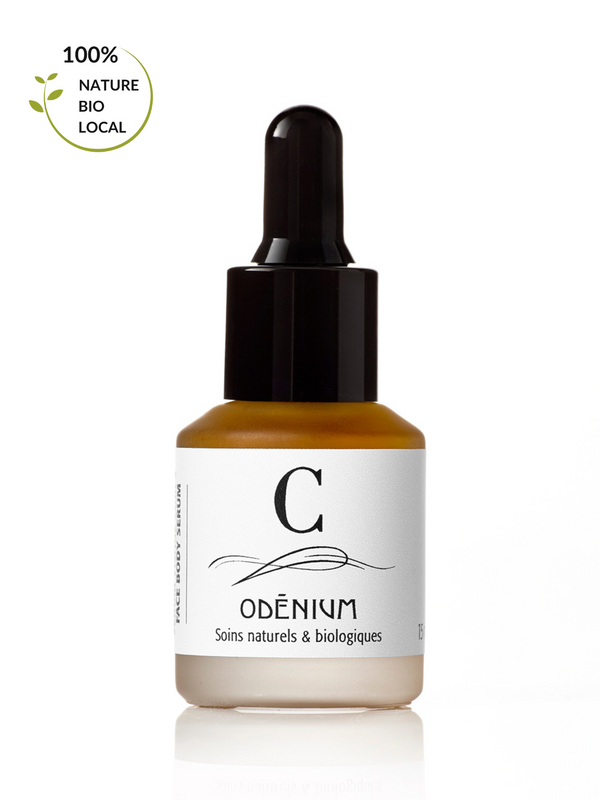
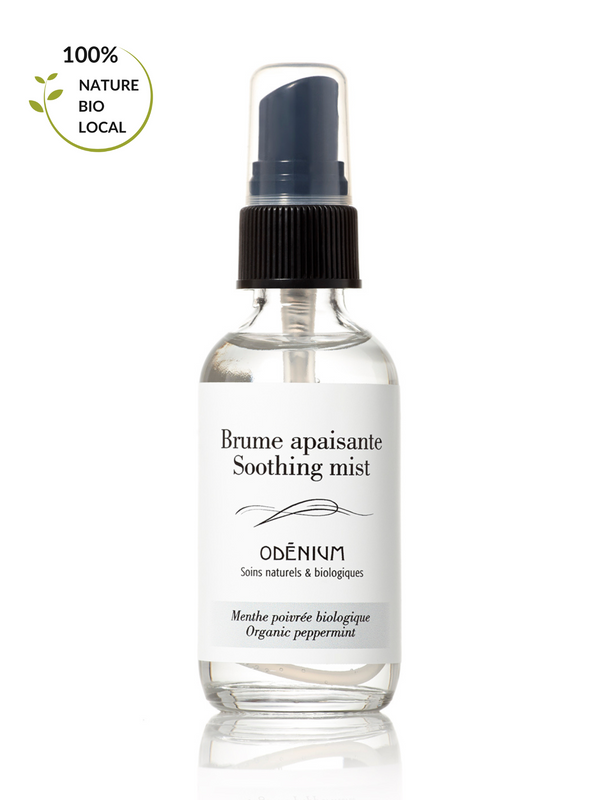
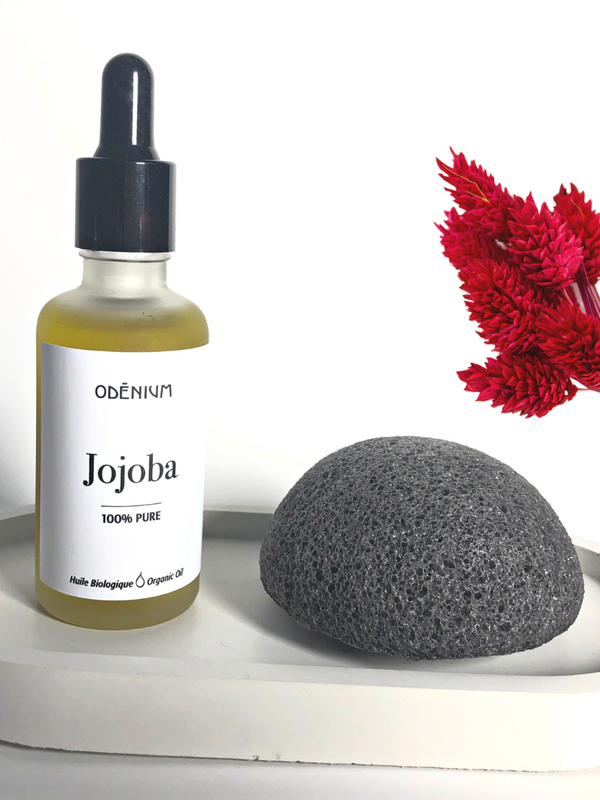
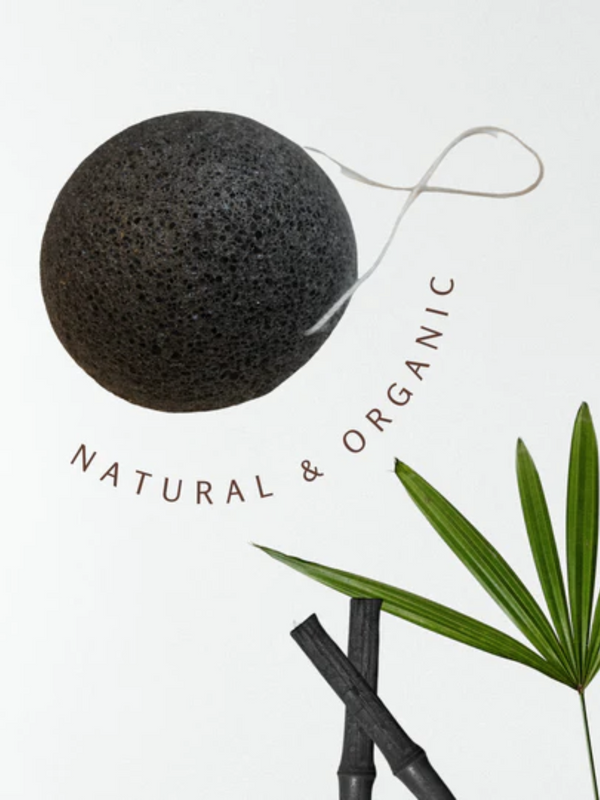
Comments
0 Comments
Leave a Comment